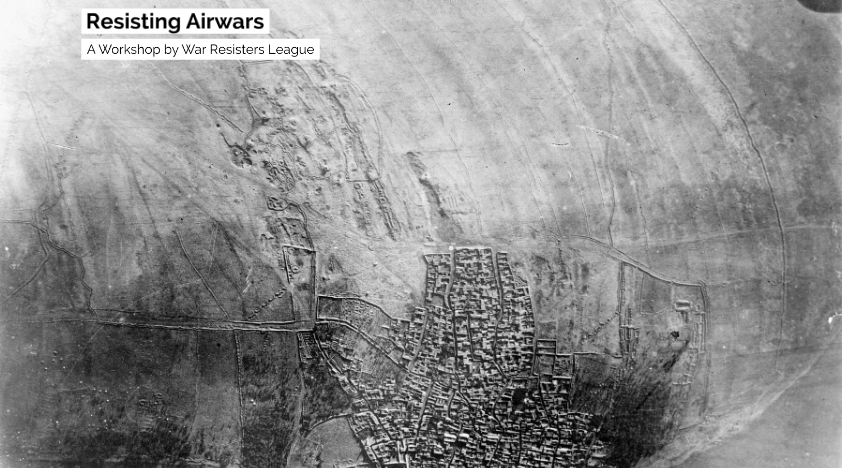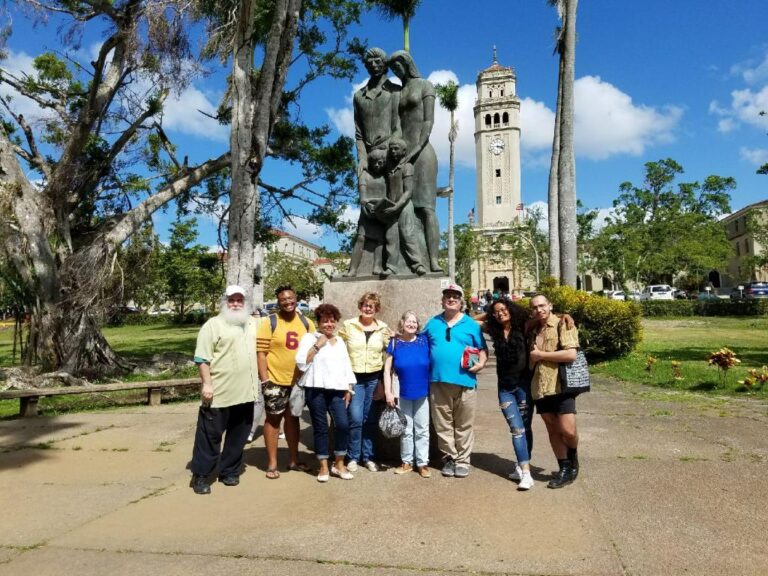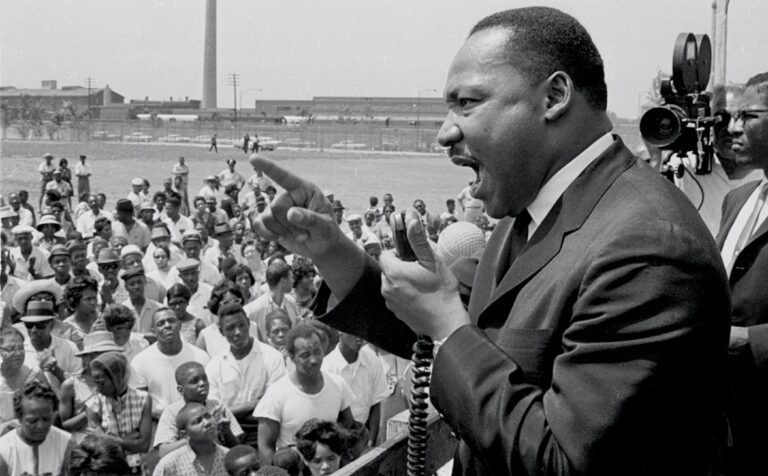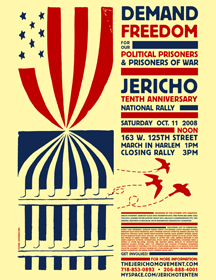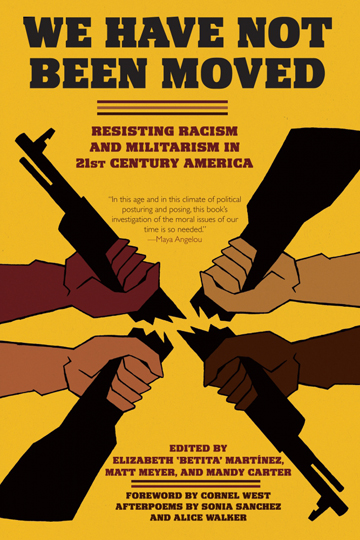Update: Resisting Airwars Curriculum
Dear War Resisters Family,
My name is YaliniDream and I’m a cultural worker, organizer, and facilitator currently supporting WRL by drafting the Resisting Airwars curriculum for WRL’s new Demilitarist School.
Ten years ago, 2009 marked “the end of war” in Sri Lanka. However, I was devastated as I received word of the horrific Sri Lankan Military offensive in our ancestral homelands– the Tamil regions North and East of the island. The “safety zones” that people gathered within to find safety, were being bombed. From the age of three, I had prayed for the war in our homelands to stop. As much as people needed the war to end, I was disgusted that these war crimes were being characterized as bringing forth peace.
For long-term participants in antiwar and peace movements, many of the top profiteers of airwars are too familiar. It may not surprise you that U.S. manufactured aircrafts were a significant part of the Sri Lankan Air Fleet throughout the war. Companies like Lockheed, Raytheon, Boeing and General Dynamics were founded in 1926, 1922, 1916, and 1899 respectively. These profiteers of war and colonization have been targets of war resisters and decolonial movements since the British Royal Air Force (RAF) established the first independent air force in 1918 in order to wage punitive airstrikes against rebellions, uprisings, and resistance to British colonization in regions such as Somaliland, Sudan, tribal regions of India, Mesopotamia, Iraq, Yemen, and Burma.
Today the United States, Russia, Turkey, Saudi Arabia, France, Israel, India, Pakistan, Morocco, and Indonesia are actively engaged in aerial attacks in upwards of 15 regions primarily in Africa, the Middle East, and Asia. Since Donald Trump took office, “civilian” casualties from U.S. airwars have doubled, with an average of 120 bombs dropped a day. Learning about airwars throughout the world clarifies that the environmental, structural, and psychological impacts keep killing and destroying communities after the initial aerial attack— in some instances for generations.
The Resisting Airwars curriculum lifts up the incredible resistance of groups such as the Pashtun Protection Movement, The Palestinian Youth Movement, and The Popular Movement to Save Iraq who are struggling for their peoples’ rights to self-determination and protection from state violence. Participants learn about demonstrations such as the Korean farming village of Soseong-ri leading protests against the U.S. Terminal High Altitude Area Defense (THAAD) system and the organizing of Chagossians forcibly evicted from their homelands for the building of a U.S. Air Force base.
My dedication to supporting the Resisting Airwars curriculum is rooted in a vision of shifting human economies from extraction, domination, exploitation and war to economies centered around nourishment, care, creativity, and love. I’m excited to be part of this step in WRL’s trajectory towards truly ending war, and I hope you’ll join me in being part of the group of people who make this work possible.
With Solidarity and Love,

YaliniDream

Share

